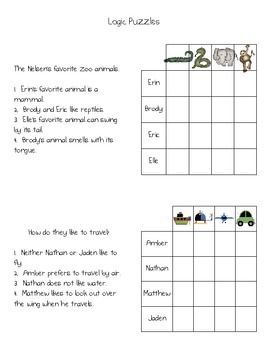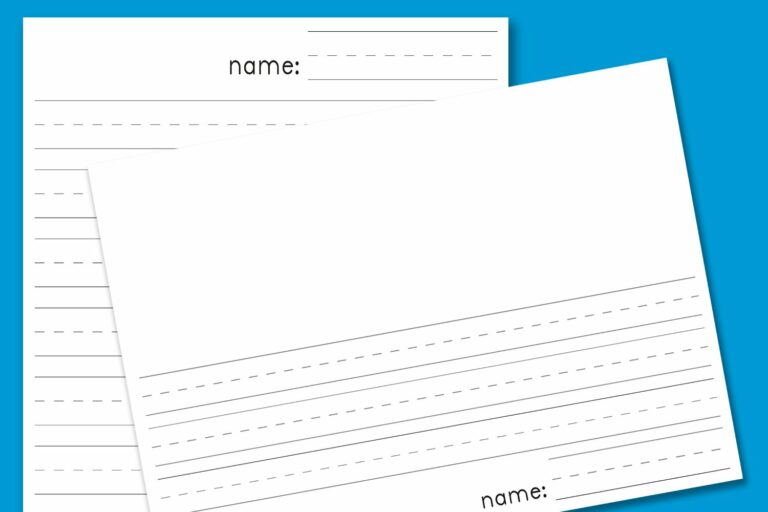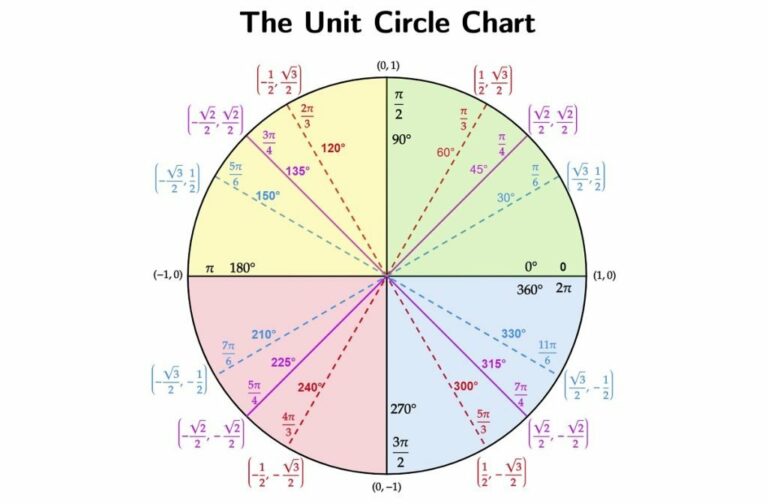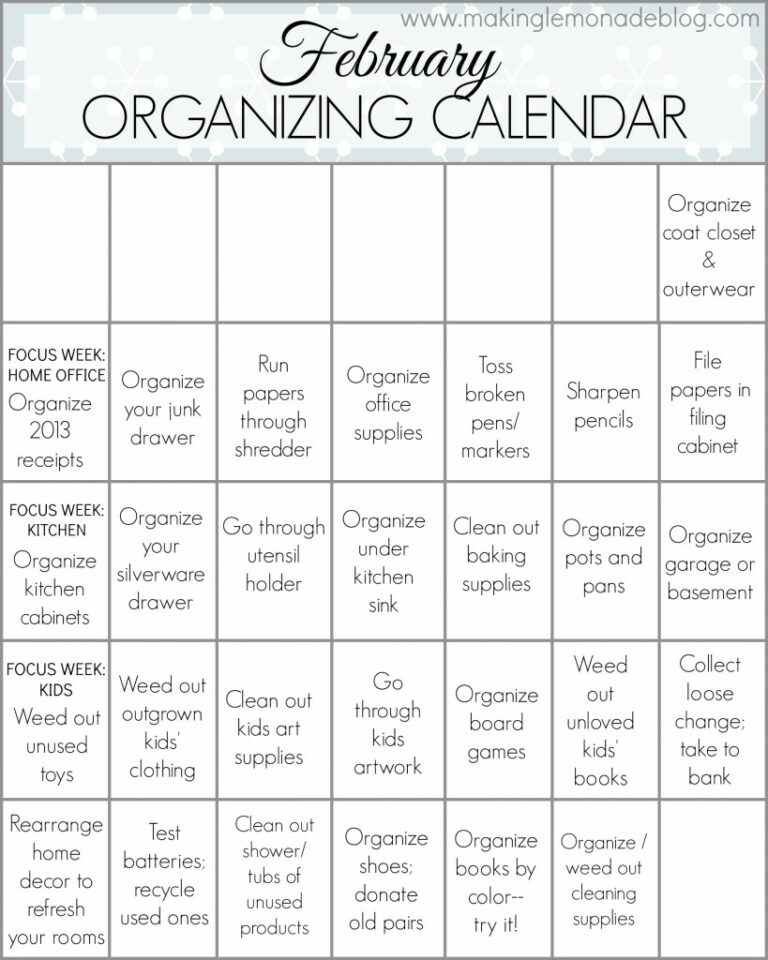Logic Problems Printable: Enhance Your Cognitive Abilities and Enjoy the Fun
Logic problems have fascinated and challenged minds for centuries. From ancient riddles to modern puzzles, these brain-teasers offer a unique blend of entertainment and intellectual stimulation. Whether you’re a seasoned problem-solver or just starting your logical journey, printable logic problems provide an accessible and engaging way to sharpen your cognitive skills.
Solving logic problems not only provides a satisfying mental workout but also offers numerous cognitive benefits. These puzzles enhance critical thinking, improve problem-solving abilities, and cultivate attention to detail. They also promote collaboration, foster mathematical understanding, and provide a valuable educational tool in classrooms.
Resources for Printable Logic Problems

Innit, bruv? Logic problems can be a right laugh, innit? If you’re gassed for some printable logic puzzles to get your noggin’ workin’, check out these sick websites and resources.
We’ve got you covered, mate. Whether you’re a newbie or a seasoned pro, we’ve got logic problems for all levels, from doddle to mind-bogglin’. And the best part? They’re all printable, so you can take ’em with you wherever you go.
Websites with Printable Logic Problems
- Logic Puzzles – A massive collection of logic puzzles of all types, including printable versions.
- Printable Puzzles – A website dedicated to printable puzzles, including a wide range of logic problems.
- Puzzlers Paradise – A website with a variety of logic puzzles, including printable versions.
Design Considerations

When creating printable logic problems, there are several design considerations to keep in mind to ensure they are effective and engaging for students.
Firstly, it’s important to provide clear instructions that are easy to understand. The problem should be presented in a way that is logical and straightforward, without any unnecessary distractions or clutter.
Font Size and Style
The font size and style should be appropriate for the age and reading level of the students. The font should be easy to read, and the size should be large enough to be easily visible. Avoid using fonts that are too small or too ornate, as this can make the problem difficult to read and understand.
Layout
The layout of the problem should be visually appealing and easy to follow. The problem should be spaced out in a way that makes it easy to read, and the different parts of the problem should be clearly separated. Avoid using too much white space or cramming too much information onto one page.
Use of Visuals
Visuals can be a great way to make logic problems more engaging and easier to understand. Consider using diagrams, charts, or graphs to illustrate the problem or to help students visualize the relationships between different elements.
Applications in Real Life

Logic problems are not just abstract puzzles; they have real-world applications that can help us make better decisions, critically evaluate information, and solve problems more effectively.
Decision-Making
Logic problems can help us identify the key factors that influence a decision, weigh the pros and cons of different options, and make more informed choices. By breaking down a decision into its logical components, we can eliminate irrelevant information and focus on the essential factors that will lead to the best outcome.
Critical Evaluation of Information
In an era of information overload, it is more important than ever to be able to critically evaluate the information we encounter. Logic problems can help us develop the skills to identify logical fallacies, recognize biases, and distinguish between facts and opinions. By applying logical reasoning to the information we consume, we can make more informed judgments and avoid being misled by false or misleading claims.
Problem-Solving
Logic problems can also help us develop our problem-solving skills. By learning to identify patterns, recognize relationships, and draw inferences, we can develop a systematic approach to solving problems. This can be invaluable in a wide range of situations, from everyday tasks to complex professional challenges.
FAQs
What types of logic problems can I find in printable formats?
Printable logic problems come in various types, including puzzles, riddles, syllogisms, Sudoku, KenKen, and crosswords.
How do logic problems benefit my cognitive abilities?
Solving logic problems enhances critical thinking, improves problem-solving skills, cultivates attention to detail, and promotes collaboration.
Are printable logic problems suitable for educational purposes?
Yes, logic problems are valuable educational tools that develop reasoning skills, foster collaboration, and enhance mathematical understanding.
How can I access printable logic problems?
Numerous reputable websites and resources offer printable logic problems organized by difficulty level, type of problem, and educational purpose.



